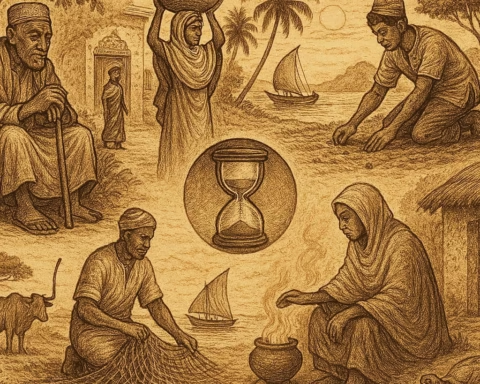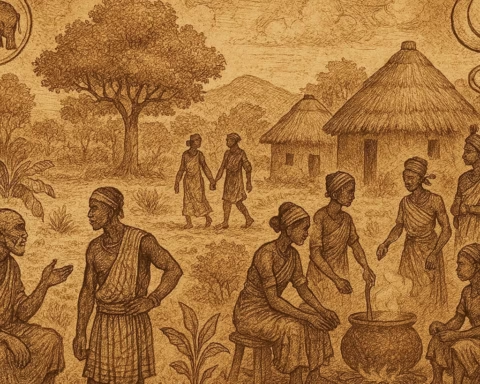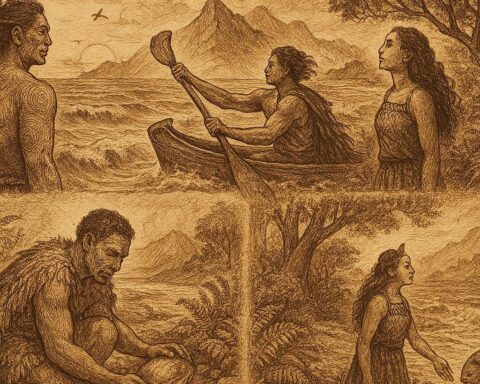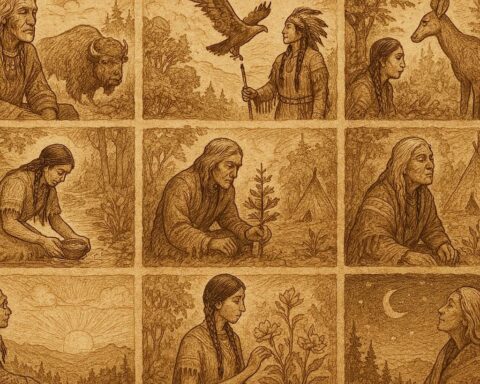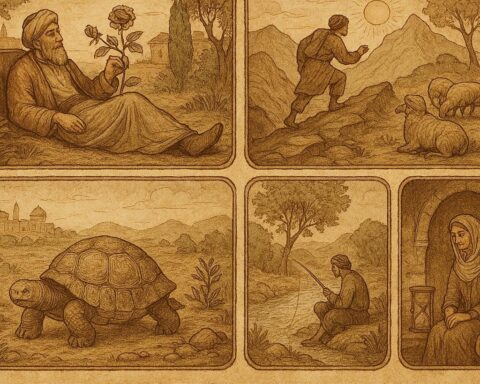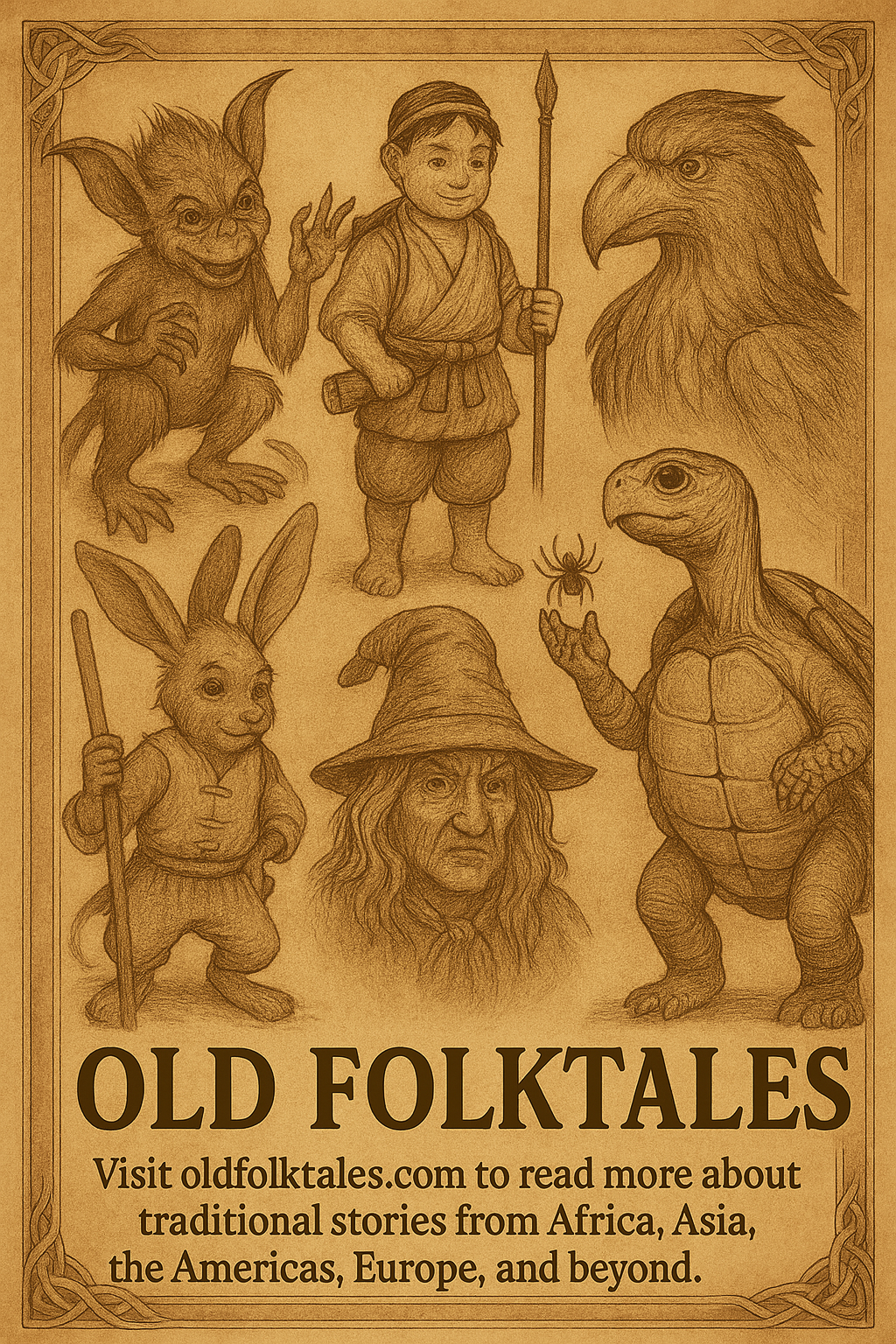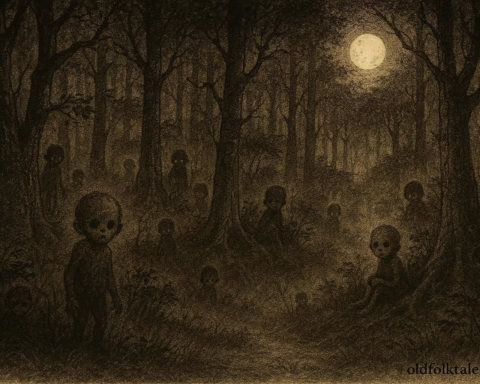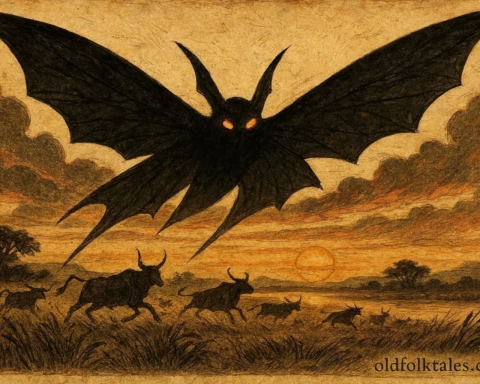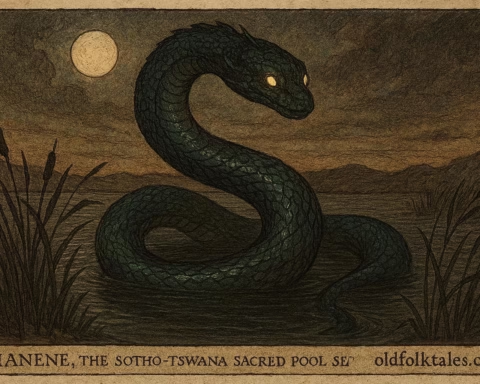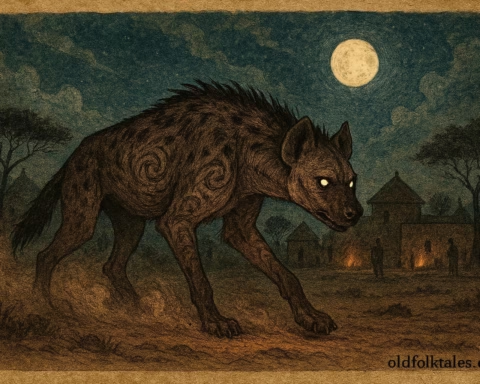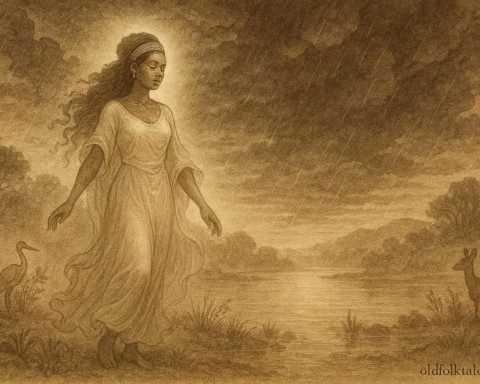Across the sun-scorched plains of Somalia, where the wind sculpts sand into endless patterns and the camel is more valuable than gold, the Somali people have crafted a heritage of words as enduring as their nomadic way of life. Their maahmaahyo, proverbs, are the distilled essence of centuries of survival, conflict, hospitality, and pride.
In a land where rain is a rare blessing and disputes can span generations, these sayings are more than clever turns of phrase, they are guides for how to live with courage, endure hardship, and uphold one’s honor. Spoken by elders around the fire, in markets, or on the long road between wells, they carry the voice of the ancestors.
Here are six Somali proverbs that speak to the heart of bravery, perseverance, and dignity.
“Geesi geesi baa la arkaa.” (A hero is seen by another hero.)
True courage recognizes itself in others. In Somali tradition, bravery is not just about physical strength in battle or the hunt, it’s about honor, truth, and protecting one’s people. This proverb teaches that only those who have faced hardship can truly understand the courage in another. It’s a reminder to respect those who walk a path of bravery, because they see the world through the same unflinching eyes.
“Nin aan talin jirin talo ma geeyo.” (A man who never led cannot give counsel.)
Endurance is often born from leadership, and leadership from endurance. In Somali society, guidance is given weight when it comes from those who have carried responsibility in hard times. The proverb warns against empty advice from those who have never been tested. Just as the desert respects no man who hasn’t crossed it, words hold little value if they come from those without lived experience.
“Rag waa raggii hore hadalna waa hadalkii hore.” (Men are like the men before, and words are like the words before.)
This saying is both humbling and grounding. It reminds Somalis that courage, endurance, and honor are timeless values, lived and proven by those before us. Today’s challenges may wear different clothing, but they are not new. The proverb is a call to learn from the past, to remember that the strength we admire was forged in the same fire we now face.
“Rag walaal ah colna waa u daran.” (Brothers in arms are dangerous to their enemy.)
Unity magnifies courage. In Somali history, clans and brothers who stood together were far more formidable than when divided. This proverb teaches that endurance is a shared force, when people unite with loyalty and shared purpose, they can face down threats greater than themselves. Honor, in this light, is not only personal but collective.
“Hadal badan haan ma buuxsho.” (A lot of talk does not fill the pot.)
Words alone do not feed a family or protect a camp from danger. Somali culture values eloquence, poetry and oratory are deeply respected, but this proverb warns that action must match speech. Endurance requires doing, not just saying; courage is proven by deeds, not promises. It’s a pointed reminder that honor is earned through results, not rhetoric.
“Nin geesi ah maalin ayuu geesi yahay, nin samraana waligiis.” (A brave man is brave for one day, a patient man is brave forever.)
This is perhaps the deepest lesson of all. Courage can blaze in a single act, but endurance is the steady flame that burns through a lifetime. In the Somali worldview, honor is not only about a moment of heroism but about the patient resilience to live well and uphold values every day. The desert teaches that storms pass, but only the patient endure them all.
Cultural Origin
Somali proverbs (maahmaahyo) form an essential part of the oral tradition of the Somali people, who are spread across Somalia, Djibouti, Ethiopia’s Somali Region, and northern Kenya. Rooted in a nomadic and pastoralist lifestyle, these sayings are shaped by the challenges of survival in an arid climate, the importance of clan and kinship, and the high value placed on personal and collective honor. Passed down through generations by elders, poets, and storytellers, they are both moral compass and cultural identity, ensuring that the values of courage, endurance, and honor remain unshaken through time.
Knowledge Check
1. What is the meaning of the Somali proverb “Geesi geesi baa la arkaa”?
It means that true courage is recognized only by those who are also courageous.
2. How does “Nin aan talin jirin talo ma geeyo” relate to leadership?
It teaches that good advice comes from those with real-life leadership experience, not from the untested.
3. What lesson does “Rag waa raggii hore hadalna waa hadalkii hore” teach?
That courage, endurance, and honor are timeless values passed down from previous generations.
4. Why is “Rag walaal ah colna waa u daran” important in Somali culture?
It emphasizes that unity and loyalty make a group stronger and more formidable against enemies.
5. What does “Hadal badan haan ma buuxsho” warn against?
It warns that talk without action achieves nothing, deeds matter more than words.
6. What is the moral of “Nin geesi ah maalin ayuu geesi yahay, nin samraana waligiis”?
That patience is a form of lasting courage, while momentary bravery can be short-lived.

